Cypripedium reginae
One of the largest and most attractive native orchids of the state
Cypripedium reginae showy lady's slipper
This member of the orchid family (Orchidaceae) is one of the largest and most beautiful of the northern orchids. Each flowering stem bears one to three large (1-2 inch diameter) fragrant flowers. The lower lip of the flower is red close to the mouth of the flower and often with purple or deep pink veins, streaks and blotches. The other 3 sepals and 2 petals are waxy white and ovate to lancelote in shape. Insects that land on the flower fall into the sac and move out through two openings at the rear of the "slipper", brushing first against the stigma and then against the anthers. This insures cross-pollination. The flowering stem is stout and hairy and often twisted. The hairs on the stem may cause a rash that resembles that of poison ivy.
Broad leaves arise from the stem all the way to the top and are up to ten inches long. The plant grows one to three feet tall. The showy lady’s slipper grows in swamps and wet woodlands. It is found from Central Canada to Newfoundland and the northern United States. It is especially common in the Great Lakes region. Locally it can be found further south in the mountains. Historically the species has never been a common species, but has been over-picked, and its wetland habitat has decreased, leading to further population declines. In Pennsylvania this species is officially listed as threatened in Pennsylvania. None of our native orchids should be picked or transplanted. The showy lady’s slipper is very difficult to cultivate artificially due to poor seed germination and long maturity time. The blooming period is May to August, but more commonly in June and July.
Habitat & Range
Rare in bogs, fens and swampy woods.
Found in central counties, and Erie, Crawford, Butler & York Cos.
| EMP: | FACW |
|---|---|
| NCNE: | FACW |
Phenology
Flowers May to mid-July.
Plant Codes
PA-satus: PE (Endangered)
S-rank: S1 (Crtically imperiled)
G-rank: G4G5 (Apparently secure/Secure)
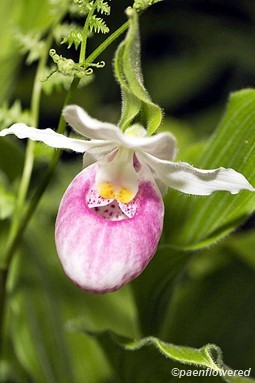
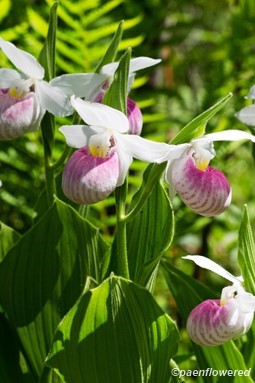
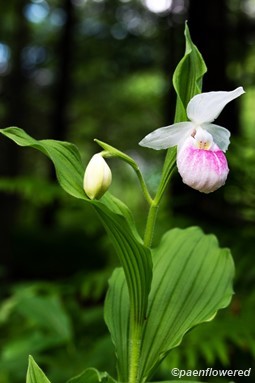
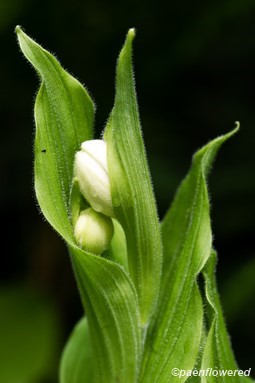
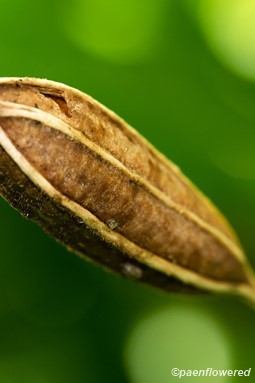



Comments
Have you spotted this plant in your area? We'd love to hear about your experience! Share your comments or questions about the plant below. Comments are moderated before posting.